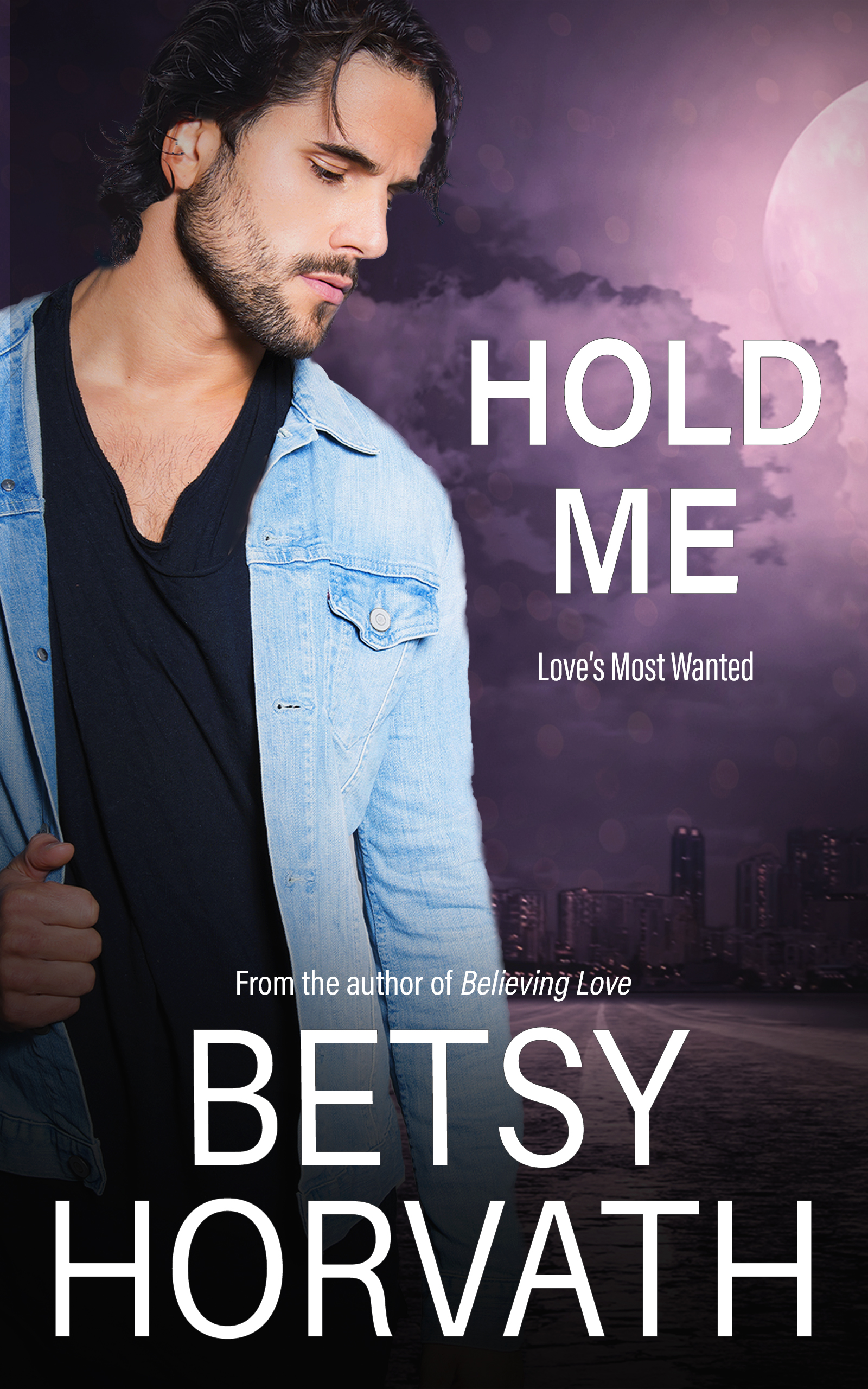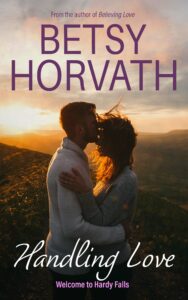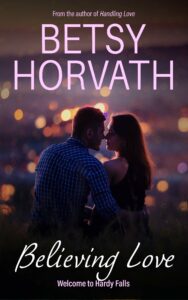 Here’s another post discussing what I’m doing publishing-wise and why I’m doing it, for those who care. Which, granted, aren’t that many of you, but hey.
Here’s another post discussing what I’m doing publishing-wise and why I’m doing it, for those who care. Which, granted, aren’t that many of you, but hey.
As before, this discussion is set in a woodland clearing I rented for the occasion and is attended by a variety of woodland creatures who are all prospective indie authors. Once again, it is my hope that my dialog with these furry and fluffy prospective authors will make this post worthwhile (aka entertaining) for the massive blog audience of non-writers.
But I’ve been wrong before.
Let us begin….
*Betsy is sitting on a large boulder in a clearing in the middle of a forest* *She looks up when one bunny, two squirrels, an opossum and a hedgehog enter the clearing*
Wait, this is it? Goldarnit! They promised there would be flyers this time! There are less of you this week than there was last week!
*The woodland creatures exchange a look* *Shrug* *Settle down around the boulder*
Whatever. *Betsy mutters as she flips through her papers* So, this week we’re going to talk about going exclusive with Amazon and why I decided to do that for now for my Hardy Falls ebooks.
*Tapping from various tablet computers*
*Betsy settles back* An independent author basically has two options for publishing ebooks. We can publish them with a wide distribution, or we can be exclusive with Amazon through their KDP Select program.
*Hedgehog raises his paw*
Yes?
You mean that an independent author can publish ebooks other places besides Amazon?
Oh, my yes. An independent author can publish ebooks on almost every ebook platform known to man. That’s what we mean when we say “wide distribution.” You can publish your ebook everywhere on every site you can find, either by yourself or through an aggregator like Draft2Digital. Amazon’s definitely the biggest ebook store out there, but you can also publish on Nook, iBooks, Kobo, and everywhere else.
*The aggressive squirrel from last week spits out an acorn cap* So, that’s good, right?
Well, sometimes. But not always.
*The squirrel frowns* Being everywhere is better than being in just one place.
*Betsy chuckles* That’s what I thought too. However, I recently pulled the books I have control over (the Hardy Falls books) from the other stores and went exclusive with Amazon.
*The bunny stares* What? They were in all the stores, and you decided to pull them back? Why do that? And why now?
Yeah. *The opossum looks up* I thought you have trust issues.
Oh my, but I do. I hate the thought of putting all my eggs in one basket. Especially an exceedingly large and perhaps even soulless basket owned by a major corporation. But I think it’s the best choice for me for now.
*The hedgehog shakes his head* I don’t get it.
*Betsy smiles indulgently* I completely understand. There are a couple of good reasons why I switched for now. But first, let’s talk about the differences in the way the major online stores work, at least as far as I know.
*The other squirrel frowns* Don’t they all work the same?
No. Nook, iBooks, and Kobo all operate more like traditional bookstores. There are humans involved in deciding which books get featured on the site and which books get promoted to readers. Think of it like books being displayed at the front of a bookstore. If a writer has name recognition or a personal connection with the sales representative (like maybe they met at a conference), their books have a better chance of being put forward because the sales rep knows the book exists. That’s wonderful – but not for me since I don’t have connections at this point. I’m sure momentum can build, even for a new author without the rep’s attention, but it is much harder.
*The squirrel continues to frown* So, what about Amazon?
Amazon doesn’t work that way, and that’s one of their big advantages for an author like me. Amazon is really much more of a data company than a traditional bookstore. Each time you go on their site, they track every move you make, every breath you take. Their recommendations are for you specifically, based on the data they’ve gathered about you. They have sales reps too, but they’re less important.
*The opossum looks concerned* That’s kind of creepy.
*Betsy shrugs* It sure is, but it’s Big Data. It also means that someone like me can still get in front of readers, even though I don’t have the name recognition or backlist of a Nora Roberts. If the Amazon algorithm thinks a customer will like my book based on their past purchases, that customer gets an email recommendation. That’s why “also boughts” are important. The Amazon algorithm looks at what the people who bought your book also bought; then it links your book to that other book. It will promote your book to the people who bought that other book because they are linked.
Okay. *The aggressive squirrel looks uncertain* But that still doesn’t explain why you went exclusive with Amazon. That “also bought” stuff is for every book.
Yes, but Amazon offers some major benefits for going exclusive with them. I was giving up those benefits to have my book available in all the other stores.
*The bunny hops* But your sales in the other stores made up for that, right?
*Betsy laughs so hard she falls off the boulder* *Scrambles back up* Sorry, sorry. Give me a second. *Wheezes* Okay. Did you listen to the part about my books not getting attention on the other stores? In the time since “Handling It” has been out, I think I’ve sold three copies on the other stores – and I know who I sold them to.
Oh. *the woodland creatures exchange a glance* *tap on tablets*
Which means that, although 99.99% of any sales I’ve made have been on Amazon, I’ve been giving up the perks Amazon offers for exclusivity to be in wide release.
*The bunny waves her hand* What are the perks?
Primarily for me, it’s Kindle Unlimited. That’s a subscription service where people pay a monthly fee and can read as many of the ebooks in the program as they like for free. Only books exclusive with Amazon can be in Kindle Unlimited. The author still gets paid for the number of pages read – not as much as a sale, but something – and the borrow counts as a sale for author rankings. That’s a wonderful program for an author who doesn’t have a lot of name recognition or a backlist. It encourages people – in my case the avid romance readers in KU – to check out a new author without any risk. But there is also the Prime borrowing program, countdown deals, free days and other programs you have access to by being exclusive.
Ohhhhh. *The hedgehog nods* Do you think you’ll be exclusive with Amazon forever and ever?
No. I want to be in the other stores. I want to be everywhere. But for now, until I have more books in the series finished, I’ll probably stay exclusive.
*The aggressive squirrel looks unconvinced* What about print books?
This is for ebooks only. The print books are still available everywhere. I think we’ll talk more about print books some other time because they are their own animal. Um, excuse the expression.
*Frowning squirrel is frowning* But it means that Amazon is, like, really, really important now.
*Betsy winces* I know. But I didn’t sell any books on the other platforms anyway, so what do I have to lose? And it’s not forever. Until I have more books published, Amazon will be friendlier to me than the other vendors (and Amazon’s not terribly friendly).
*The opossum raises paw*
Yes?
Do you think you might be making a huge mistake?
Oh. *Betsy sighs* The possibility is excellent. But for now, I’ll see how it goes.
*The woodland creatures exchange a look* *Gather up their tablet computers and leave the post*






